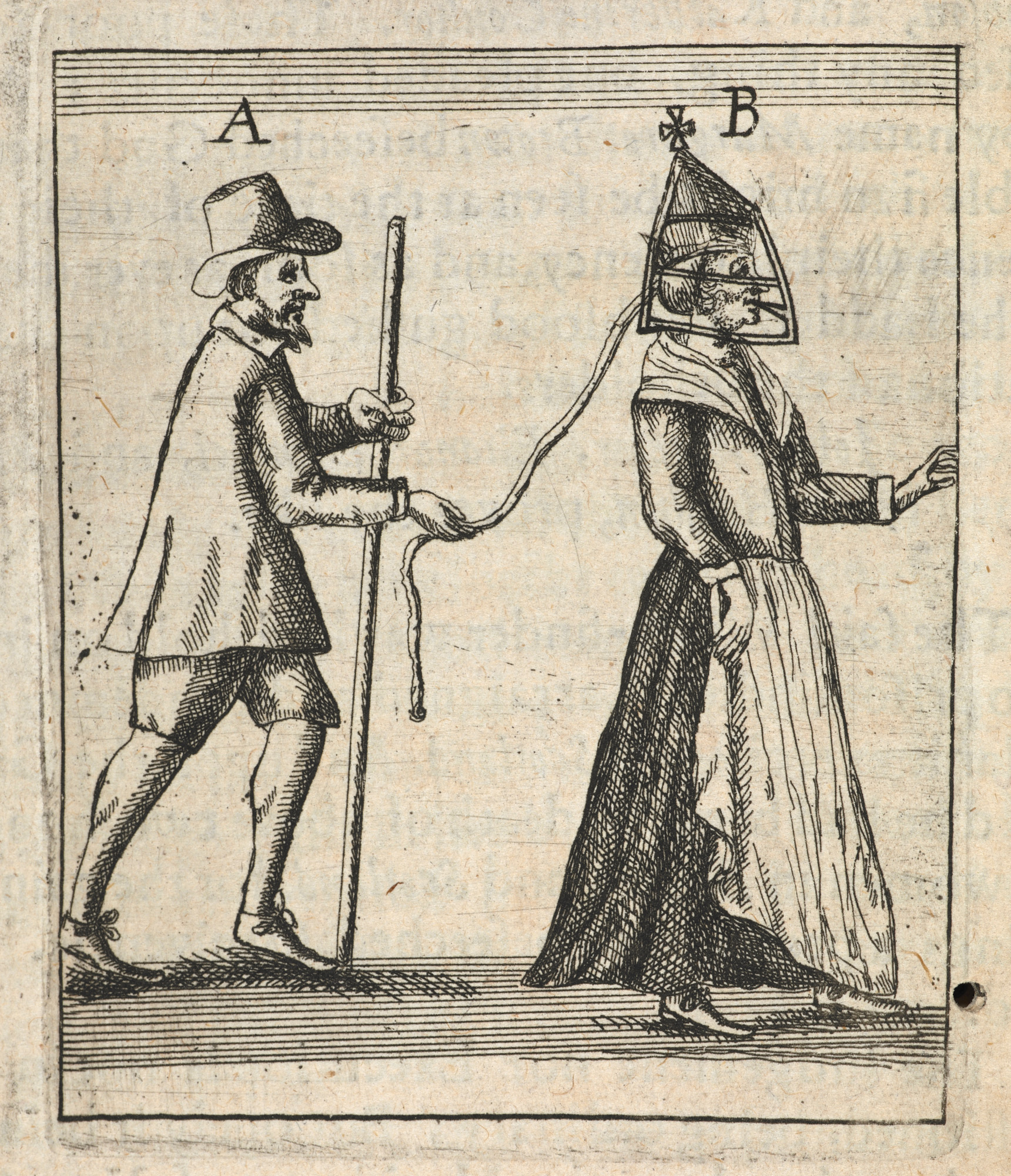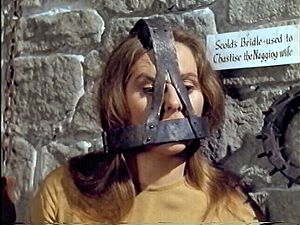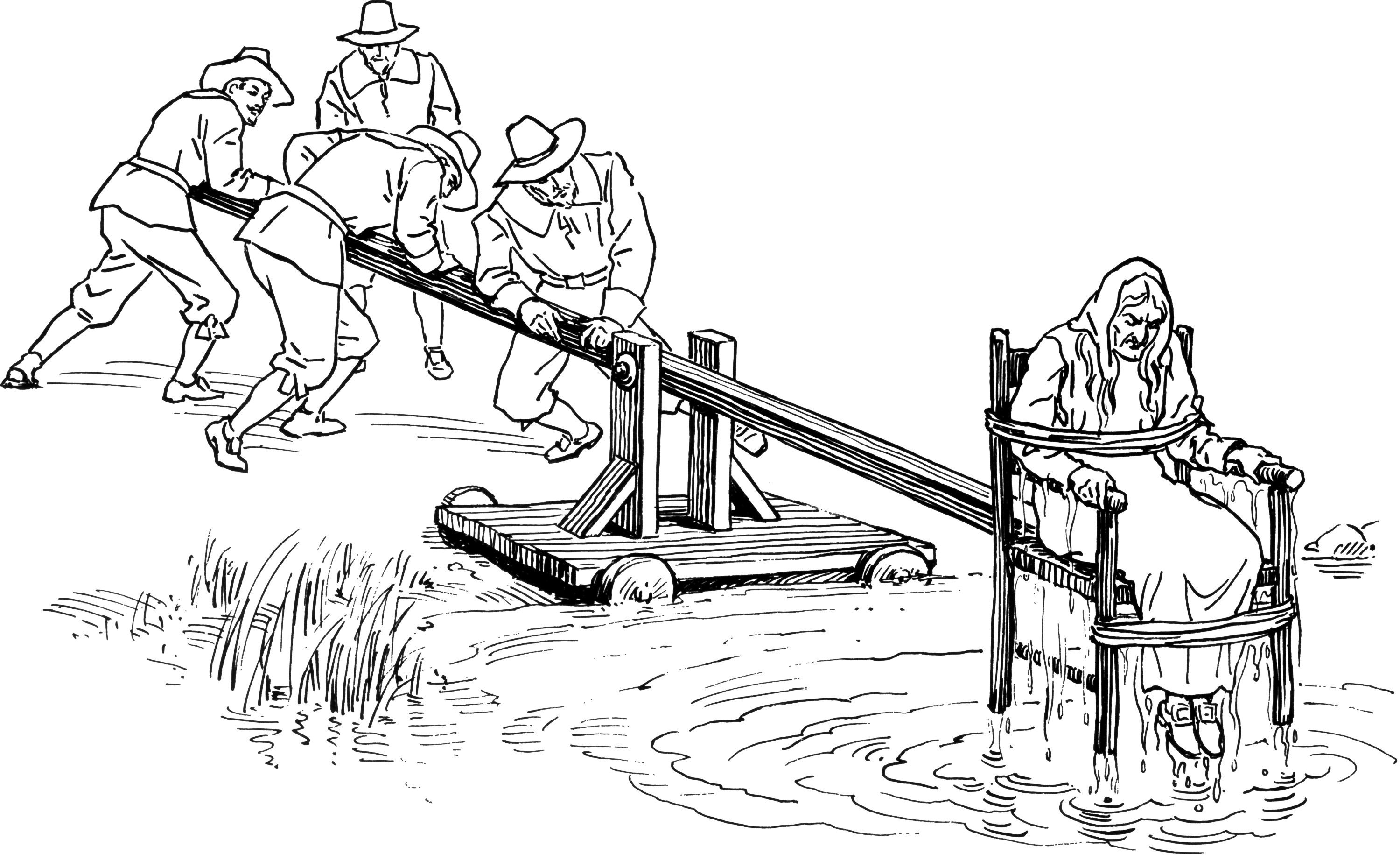Ummm!

You think all that fighting and murder was one sided?
Also, there was a Protestant Inquisition after the Reform. Protestants also silenced dissenting views. Tens of thousands of non-Anglicans were killed in England. In America, the Puritans (Protestants) also had Inquisition where people were burned at the stake.
The Salem witch burnings in the US where by Protestants, as were witch burnings in Scotland, England, most of Germany
So called "witches" were burned by Protestants in the 1580 - 1700 A.D.
The early reformers were not into "freedom of religion".
Martin Luther said:
"There are others who teach in opposition to some recognized article of faith which is manifestly grounded on Scripture . . . Heretics of this sort must not be tolerated, but punished as open blasphemers . . . If anyone wishes to preach or to teach, let him make known the call or the command which impels him to do so, or else let him keep silence. If he will not keep quiet, then let the civil authorities command the scoundrel to his rightful master - namely, Master Hans
[i.e., the hangman]." (Janssen, X, 222; EA, Bd. 39, 250-258; Commentary on 82nd Psalm, 1530; cf. Durant, 423, Grisar, VI, 26-27)
*



